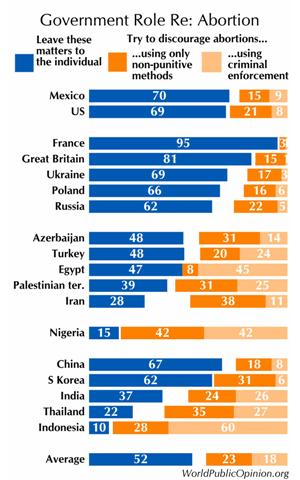39 years after the Stonewall events
First LGBT pride parade in Bulgaria
http://www.bgogemini.org/eng/
Imagine now that today is not 2008, but about 10 years earlier. Leave aside that you are 10 years younger – besides now you are much more mature, you have broader perspective on life, gained quite some living experience, now you can say in a seriously manner “ten years ago the life was different…”
Imagine now that today is not 2008, but about 10 years earlier. Now the first gay pride in Tel Aviv, Israel, takes place. Fifteen years have passed from the first gay pride in Ireland. In 8 year will be organized the first pride in Moscow. The Europride has already taken place twice. There are only 3 years until the first and the most bloody till then pride march in Berlgrade, Serbia. The idea for holding Eastern European Pride is born and it will take place in June 2006, in Zagreb, Croatia. In only two years after today the first pride in Jerusalem will take place. Until the symbolic and unique first demonstration in Riga, when the march ended in a local church, there are 7 years pending. After just 4 years Poland will witness cruel violation of the humanity, when nationalistic groups throw stones and fired bottles towards the marching people in Cracow in 2003. The first pride in Bulgaria, with one of the best anti-discrimination legislations in Europe, will take place in 18 years. Or more.
The time is now.
The time is this month, in Sofia, on 28 June’s afternoon. The Pride starts at 16:30 at the National Palace of Culture in Sofia. We, gays, lesbians, bisexual and transgender people, have families. We dedicate this Pride to Our Families – we are fathers and daughters, mothers and sons. You don’t have to be gay to join us. You don’t even have to know someone, who is gay. But you must believe that we are all equal and we all have the right to live normal life with dignity!

